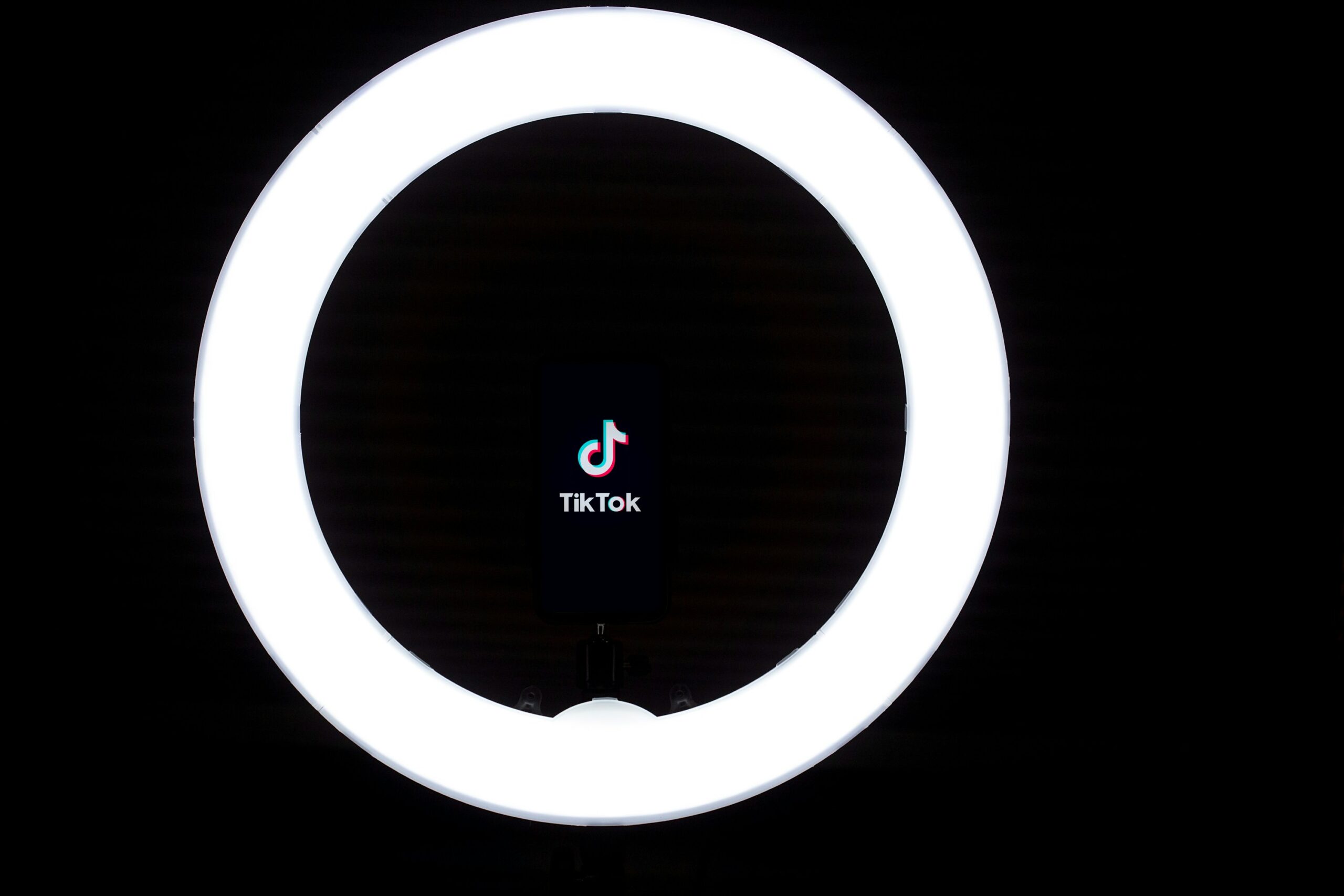
In the first half of 2023, India has found itself in the crosshairs of an escalating cybersecurity crisis, with an alarming surge in ransomware and Internet of Things (IoT) attacks. Reports from multiple sources reveal the gravity of the situation, highlighting the urgent need for enhanced digital defenses and strategies to safeguard the nation’s digital infrastructure.
According to recent reports from NewsBytes, Gadgets 360, and Analytics Insight, India has experienced a massive surge in ransomware attacks during the first six months of 2023. Ransomware attacks involve malicious actors encrypting an organization’s data and demanding a ransom for its release. These attacks can cripple businesses, disrupt critical services, and compromise sensitive information.
The report from SonicWall reveals that the country witnessed an alarming 179% increase in ransomware attacks compared to the same period in the previous year. The nature of these attacks has become increasingly sophisticated, targeting a wide range of sectors, from healthcare and education to finance and manufacturing. The monetary losses incurred by these attacks are substantial, emphasizing the urgent need for robust cybersecurity measures.
Simultaneously, the IoT landscape in India has become a breeding ground for cyber threats. The proliferation of connected devices has opened up new avenues for cybercriminals to exploit vulnerabilities and gain unauthorized access to critical systems. The SonicWall report highlights a staggering 198% surge in IoT attacks in the country during the first half of 2023.
IoT attacks pose multifaceted threats, as compromised devices can serve as entry points for cybercriminals to infiltrate networks, compromise sensitive data, and even orchestrate larger-scale attacks. From smart homes to industrial settings, the potential consequences of unsecured IoT devices falling into the wrong hands are deeply concerning.
The surge in ransomware and IoT attacks underscores the need for India to prioritize and bolster its cybersecurity defenses. Organizations, government agencies, and individuals alike must recognize the severity of the threat landscape and take proactive measures to safeguard their digital assets.
Cybersecurity experts stress the importance of adopting comprehensive security protocols, keeping software and systems updated, and educating personnel about potential threats and preventive measures. Collaborative efforts between public and private sectors are vital to establish a resilient cyber defense framework that can counter evolving cyber threats effectively.
As the country grapples with the escalating wave of cyber attacks, it is imperative for India to ramp up its cybersecurity initiatives. The government, in conjunction with private enterprises and cybersecurity experts, needs to develop robust strategies to anticipate, prevent, and mitigate cyber threats.
Education and awareness campaigns can empower individuals and organizations to identify phishing attempts, strengthen passwords, and enhance their overall cyber hygiene. Additionally, investment in cutting-edge cybersecurity technologies and the cultivation of a skilled workforce can significantly bolster India’s digital resilience against ever-evolving cyber threats.
The surge in these malicious activities highlights the pressing need for collaborative efforts to fortify the nation’s cybersecurity infrastructure. By prioritizing cybersecurity initiatives, fostering public-private partnerships, and promoting awareness, India can strive to secure its digital landscape against emerging threats and safeguard its technological advancements.


